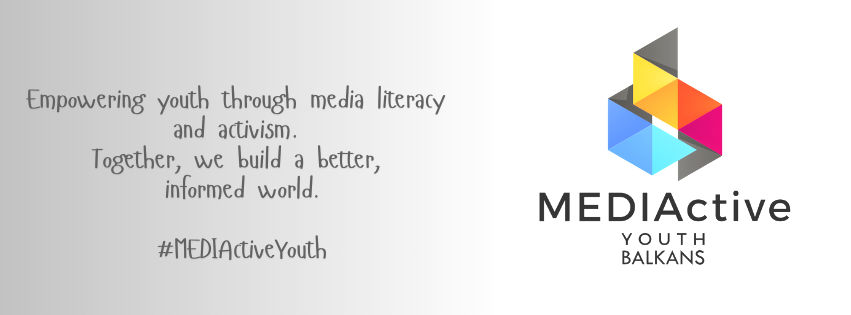In Bosnia and Herzegovina, and across much of the Western Balkans, young people often feel stuck between ambition and stagnation. While EU policies promote youth empowerment, democracy and inclusion, the reality on the ground often feels not as such.
The European Union has a clear agenda for young people in the WB region, primarily through EU Youth Strategy 2019-2027, which focuses on youth engagement, empowerment and connection. This includes supporting access to education, employment as well as political participation. Despite these goals, the Youth Study Southeast Europe 2018/2019 by Friedrich-Ebert-Stiftung found that 62% of young people in Bosnia and Herzegovina want to leave the country permanently. That number hasn’t improved much over the years, it has
most likely worsened. And the question is “Why?”. The answer is simple – implementation is weak.
Bosnia and Herzegovina still struggles with one of the highest youth unemployment rates in Europe – around 33% as of 2023 (World Bank). Despite EU-backed efforts to include youth in policymaking through Local Youth Councils and structured dialogue, most young people report never being invited to a public consultation or youth forum. There is a gap between what EU policies aim to achieve and how those goals translate locally. The EU invests in numerous programs, from Erasmus+ to IPA, but without strong local institutions and accountability, these programs fail to reach the youth who need them the most. Still, not all hope is lost. Civil society, especially youth-led organizations, are picking up the slack.
They are using EU frameworks and funding to empower their peers through digital activism, skills training and creative expression. The same can be said for the rest of the Balkan countries.
A powerful example for this is the MEDIActive Youth project, being implemented in BiH shoulder to shoulder with other Balkan countries, under BRAVO BiHs belt. By training young people to use media tools to talk about democracy, rights and civic challenges focusing on youth in the Balkans, the project brings EU values directly to young people, on their terms. It is proof that with the right approach youth in the Balkans do not have to leave.

Democracy is not boring – you’ve just been left out of the EU conversation
If you are between 18 and 25 in the Balkans, you’ve probably heard a lot about the European Union: Erasmus+, mobility, digitalization, rights, democracy…But have you ever felt like those things actually apply to you?
The EU Youth Strategy calls for youth engagement across Europe, including the Western Balkans. It funds programs that aim to boost political participation and promote democratic values. And yet, in Bosnia and Herzegovina, the numbers show a disconnect: only 12% of young people believe politicians care about their opinions (OSCE 2022), and youth voter turnout in the 2022 elections was under 30%.
EU institutions support regional cooperation and democratization through mechanisms like the Berlin Process and Youth Guarantee schemes, but many of these policies feel distant or overly technical to young people on the ground. The problem is not that youth are apathetic, it’s that they have been excluded from decision-making, often treated as passive recipients rather than active stakeholders.
Young people in BiH and across the Balkans need more than symbolic inclusion.
They need space, support and visibility. The EU’s efforts will only matter if they’re connected to youth through platforms they understand and trust like digital media, grassroots activism and informal learning.
This is exactly the vision behind the MEDIActive Youth project, a Europe-wide initiative coordinated locally by BRAVO BiH. The project teaches young people how to use media tools to speak up about democracy, inclusion and civic engagement and issues. It promotes EU values in a language that resonates, making space for youth voices to be heard across the borders.
Democracy isn’t boring, it’s just broken when you’re not invited in. Thanks to projects like MEDIActive Youth, more and more young people are reclaiming their seat at the table.